Horror continues to be one of the most prolific and widely explored genres in the medium of film, with a bountiful number of exceptional horror experiences throughout all of film history. While there are countless great original horror stories birthed by film, many of the best horror films of all time find their origins as an adaptation of legendary horror novels. It certainly makes sense in concept, as a widely successful and beloved horror novel, on top of having built-in audiences, is always going to have an inherent value and strength of seeing this story evolve and be created in a visual medium.
Being a completely different medium built upon tension and storytelling as opposed to visual acuity and shocking visuals, many of the great horror novels that have been adapted to film have major changes to adapt to the visual medium. While these changes can end up being divisive for readers of the original book, other changes can prove to act as major improvements over the original story and the absolute right choice when it comes to telling a horror story in a visual medium.
10 'The Night of the Hunter' (1955)
Based on 'The Night of the Hunter' by Davis Grubb
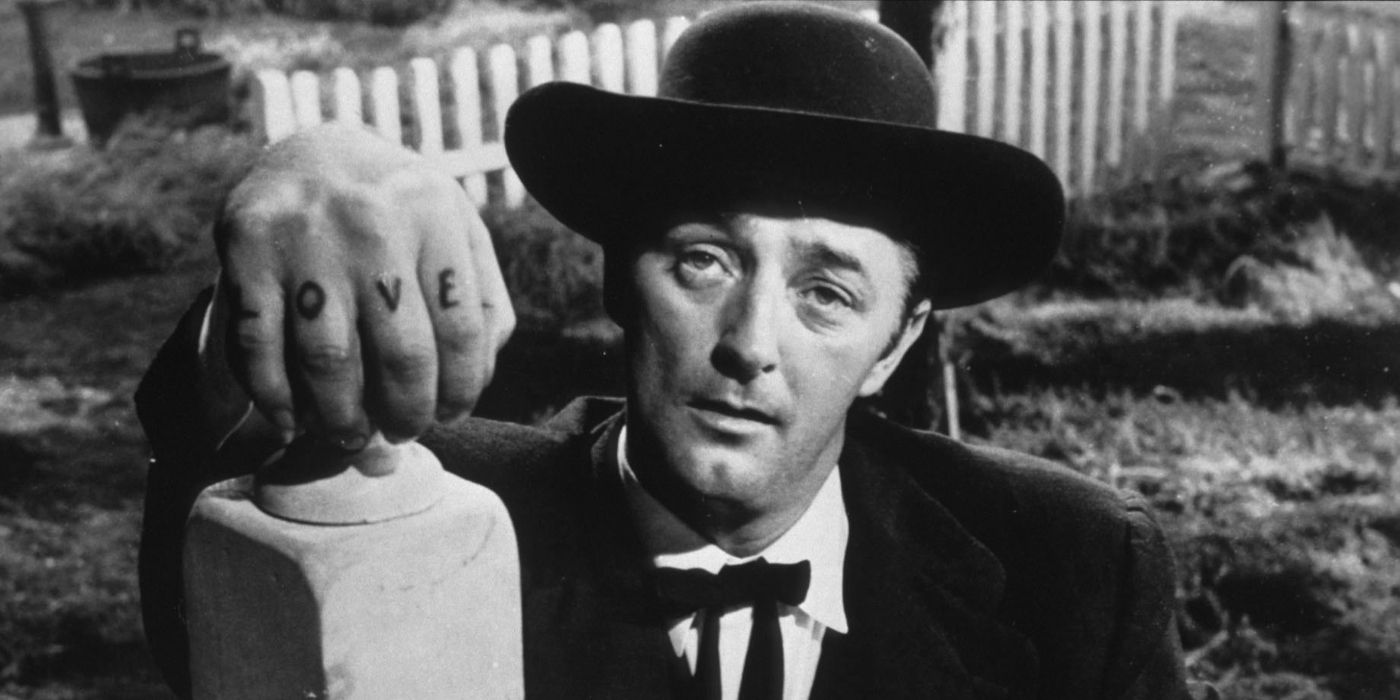 Image via United Artists
Image via United Artists
A striking and deeply disturbing look into the fractured psyche of a serial killer in one of the most ahead-of-its-time horror films of classic Hollywood, The Night of the Hunter has only grown to be more effective in the years since its release. The film follows serial killer Harry Powell (Robert Mitchum) who poses as a preacher, enacting a plot where he pursues a duo of children in an attempt to get his hands on $10,000 of stolen cash hidden by their late father.
More than just a deeply influential horror adaptation, The Night of the Hunter has a widely sustained legacy in the realm of neo-noir thrillers, with its distinct expressionistic style helping it be one of the most distinct releases of the 50s. The film seamlessly blends elements of noir and horror to create a cinematic opus of dread and darkness, fully amplifying the themes and legacy that the original novel was built upon.
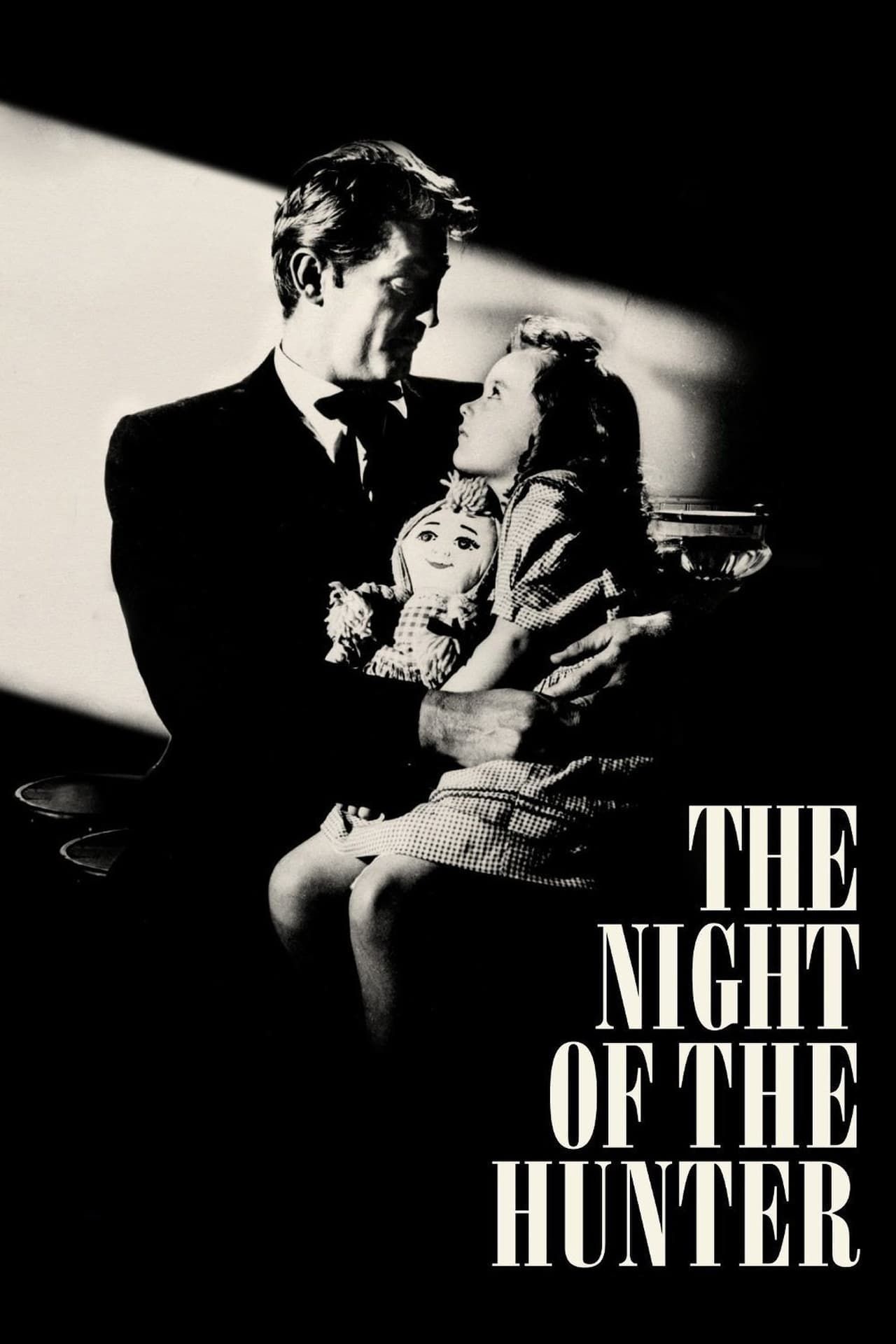
The Night of the Hunter
Release Date August 26, 1955
Runtime 93 Minutes
Director Charles Laughton
9 'Frankenstein' (1931)
Based on 'Frankenstein; or, The Modern Prometheus' by Mary Shelley
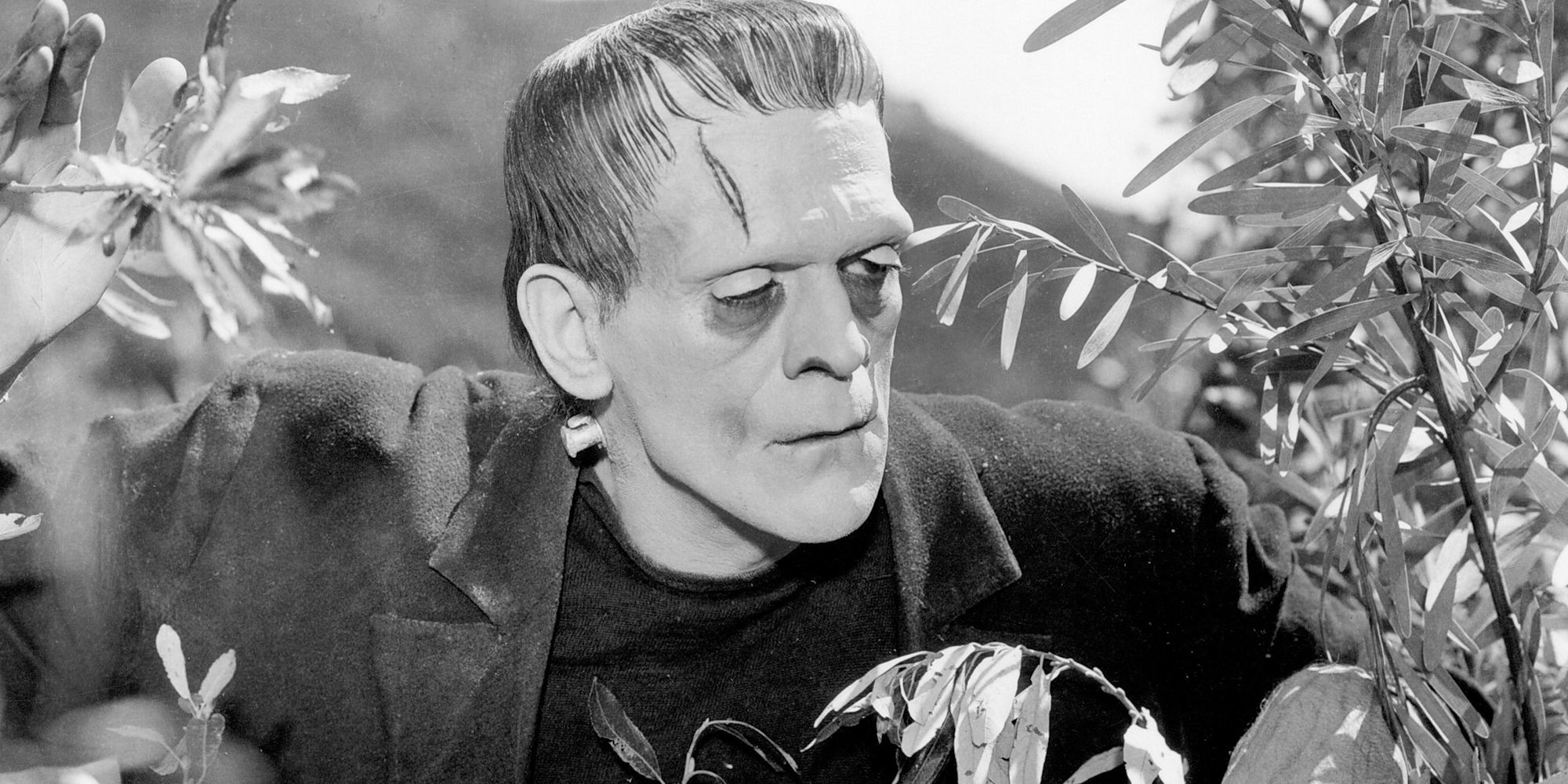 Image via Universal Pictures
Image via Universal Pictures
One of the most legendary icons in all horror cinema, Frankenstein was already a largely iconic story before the popular 30s film adaptation, as Mary Shelley's 1818 novel has been a deeply powerful horror story since its release. This cinematic adaptation simply further cemented the character as an icon of horror, giving a visual flair and energy to the classic story that, while detracting from elements and themes of the novel, serves to make for the best possible horror film from the material.
The film follows the notorious mad doctor Henry Frankenstein embarking on a vicious scheme to bring a human monster to life, stitching him together from various pieces and salvaged body parts put together. However, the doctor's dreams and exploration of the notions of life itself are soon shattered when his creation has a violent outburst, awakening to a world that does not welcome him. While there have been various film adaptations of Frankenstein both before this classic, well after its release, and even in the near future by Guillermo del Toro, this 1931 classic still stands as the most iconic version of the story.
8 'Carrie' (1976)
Based on 'Carrie' by Stephen King
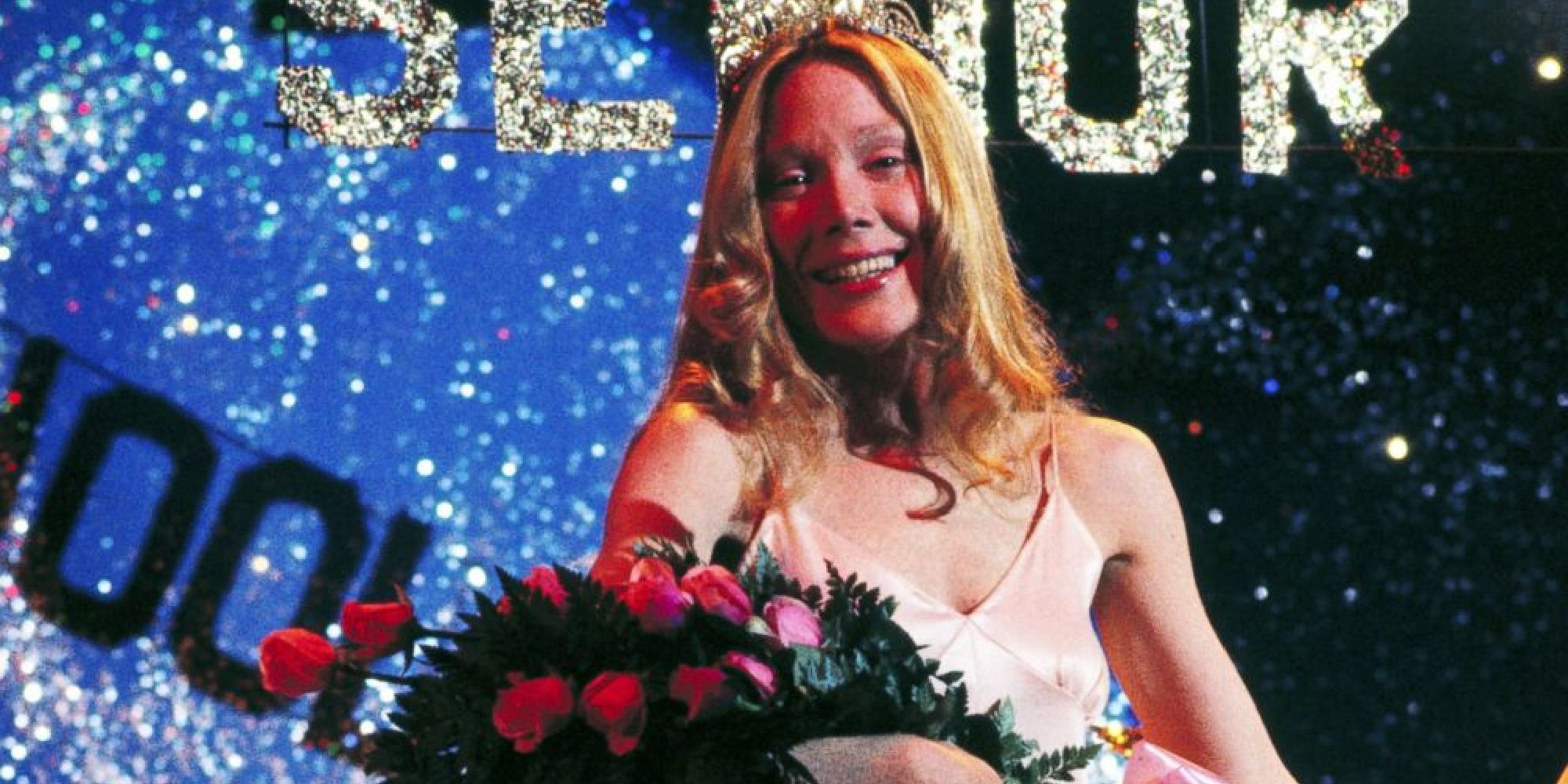 Image via United Artists
Image via United Artists
Stephen King is widely renowned for his work on various iconic horror novels throughout the late 20th century, many of which were adapted into legendary horror films in their own right. Easily one of the best and most iconic comes in the form of Brian De Palma's Carrie, further amplifying the coming-of-age horror of the King classic to create one of the 70s best horror films. The distinct vision and filmmaking voice of De Palma fit extremely well with King's shocking and painful story, creating a perfect melding of creative horror minds whose attributes complement each other perfectly.
The film follows the story of the withdrawn and sensitive teenage girl Carrie White (Sissy Spacek), who faces constant taunting from her classmates as well as an abusive home life from her mother. All the chaos and hardships that she faces prove to have an unexpected side effect on Carrie, as an increasing number of strange occurrences happening around her have Carrie suspecting that she has supernatural powers. While she does all that she can to keep these powers in check, it slowly becomes a matter of time before she loses control and unleashes wrath upon those who wronged her.
7 'American Psycho' (2000)
Based on 'American Psycho' by Bret Easton Ellis
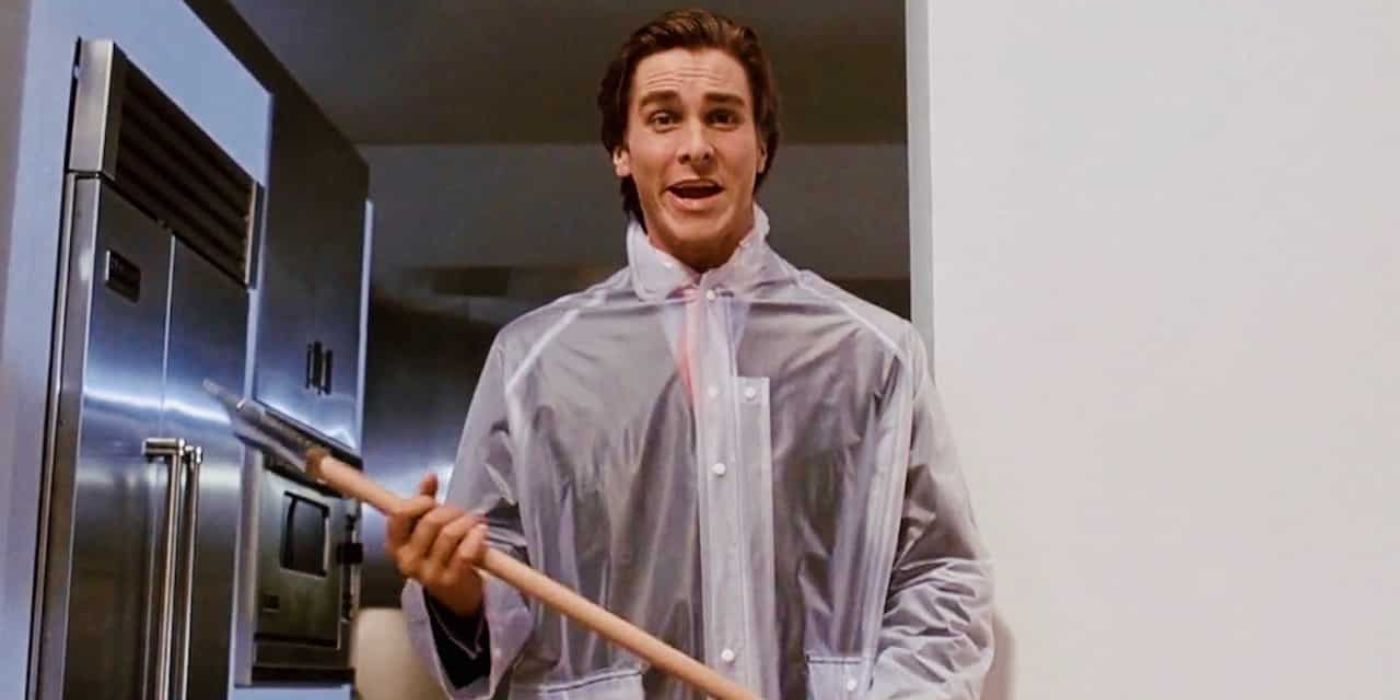 Image via Lionsgate
Image via Lionsgate
Bret Easton Ellis's scathing and disturbing satirical takedown of high-class wealth was already a deeply controversial story when it was only a novel, only being amplified in tension and discourse when Mary Harron's legendary film adaptation was released. While American Psycho makes several distinct changes and adjustments to the original novel, it stays true to the core essence and themes of the original novel while still standing out as its own horror experience.
The film allows a glimpse into the depraved and shattered psyche of New York investment banker Patrick Bateman (Christian Bale), who lives a double life outside of his luxurious job as a deranged serial killer. His bloodlust and urges for manslaughter prove to be growing more and more insatiable with each passing day as Bateman abuses his sense of power over the city's homeless people, hookers, and anyone else he deems below him. The film's striking combination of horror, satirical black comedy, and deeply memorable performances have made it a quintessential horror cult classic.
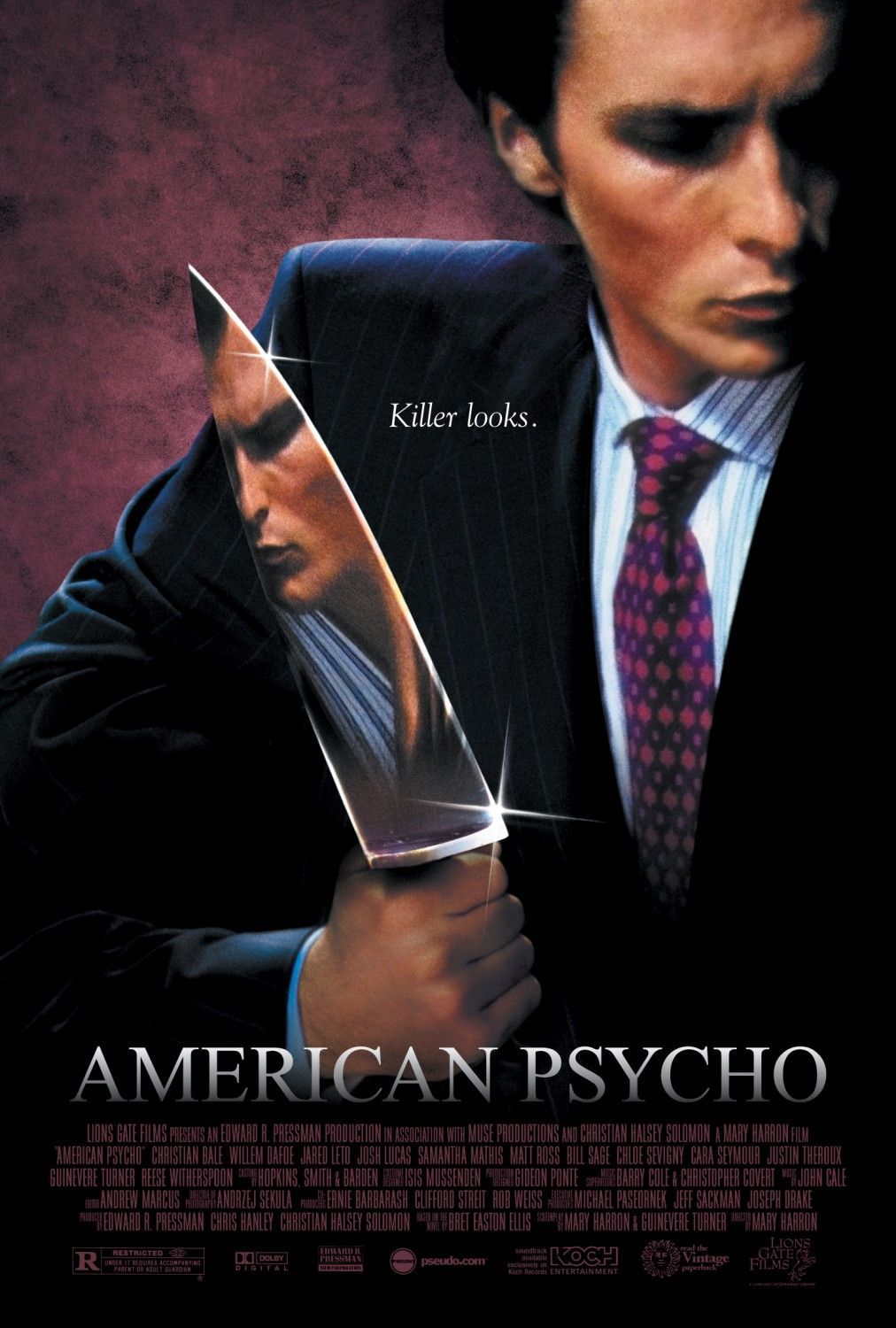
American Psycho
Release Date April 14, 2000
Runtime 101 minutes
Director Mary Harron
6 'Jaws' (1975)
Based on 'Jaws' by Peter Benchley
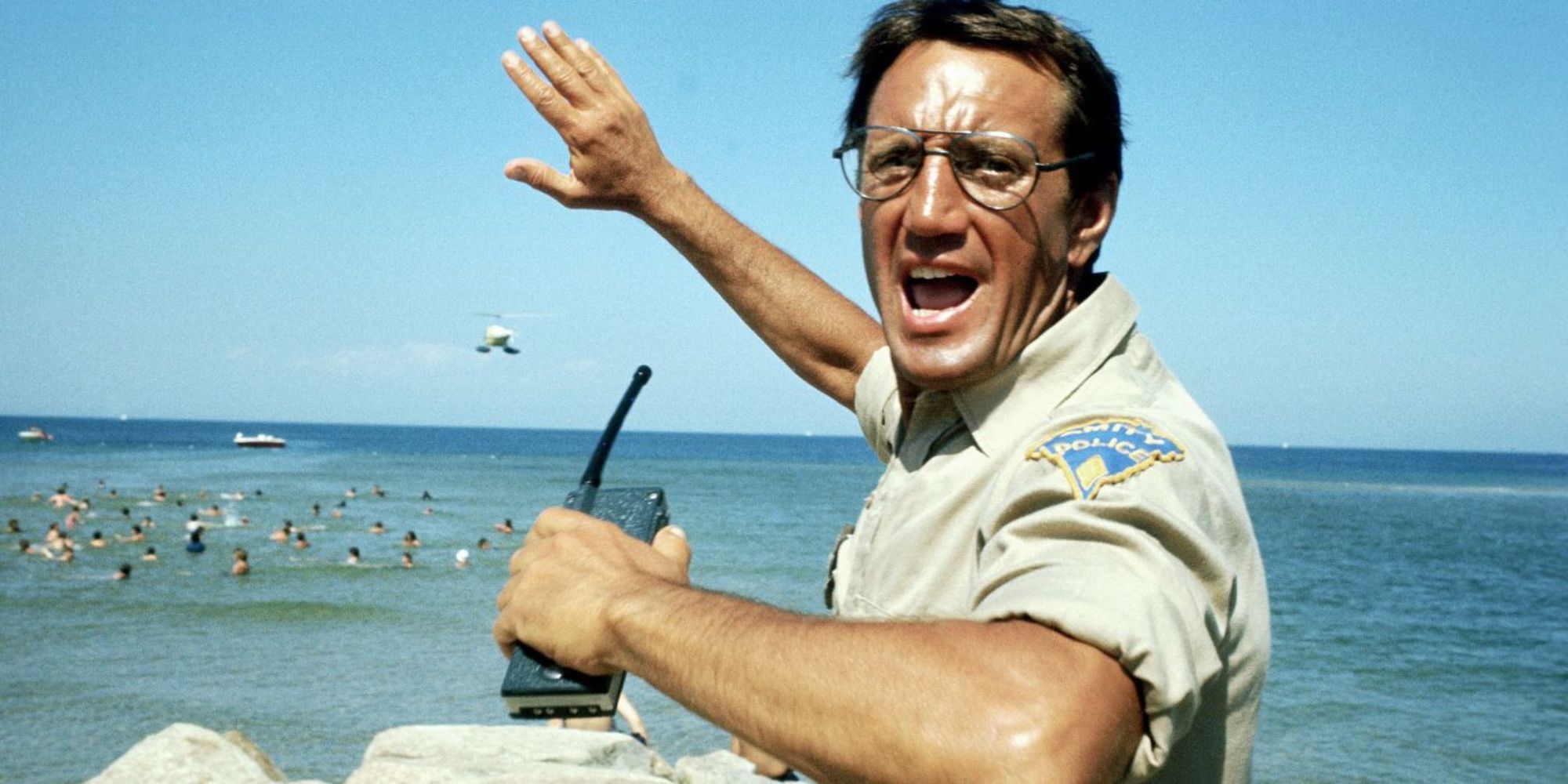 Image via Universal Studios
Image via Universal Studios
While Jaws is more commonly recognized as the massive breakout blockbuster by Steven Spielberg that helped cement the very notions of blockbuster filmmaking as it is known, many don't even realize that the film is adapted from a novel released the prior year. The original novel featured many more subplots and character dynamics beyond the classic story told, yet the film's decision to cut down on the story and focus primarily on the shark and the three protagonists made for a better cinematic experience.
The film follows a small beach town falling into chaos and disarray after a vicious great white shark begins laying waste to the citizens attempting to enjoy the summer on the beach. After various failed attempts to get rid of the dark, a police chief, marine biologist, and professional shark hunter set out on a boat together on a quest to take down the deadly shark once and for all. The film has become a landmark title in horror cinema, forever associating the toothy aquatic animal with fear and terror for the foreseeable future.

Jaws
Release Date June 20, 1975
Runtime 124 Minutes
5 'Dracula' (1931)
Based on 'Dracula' by Bram Stoker
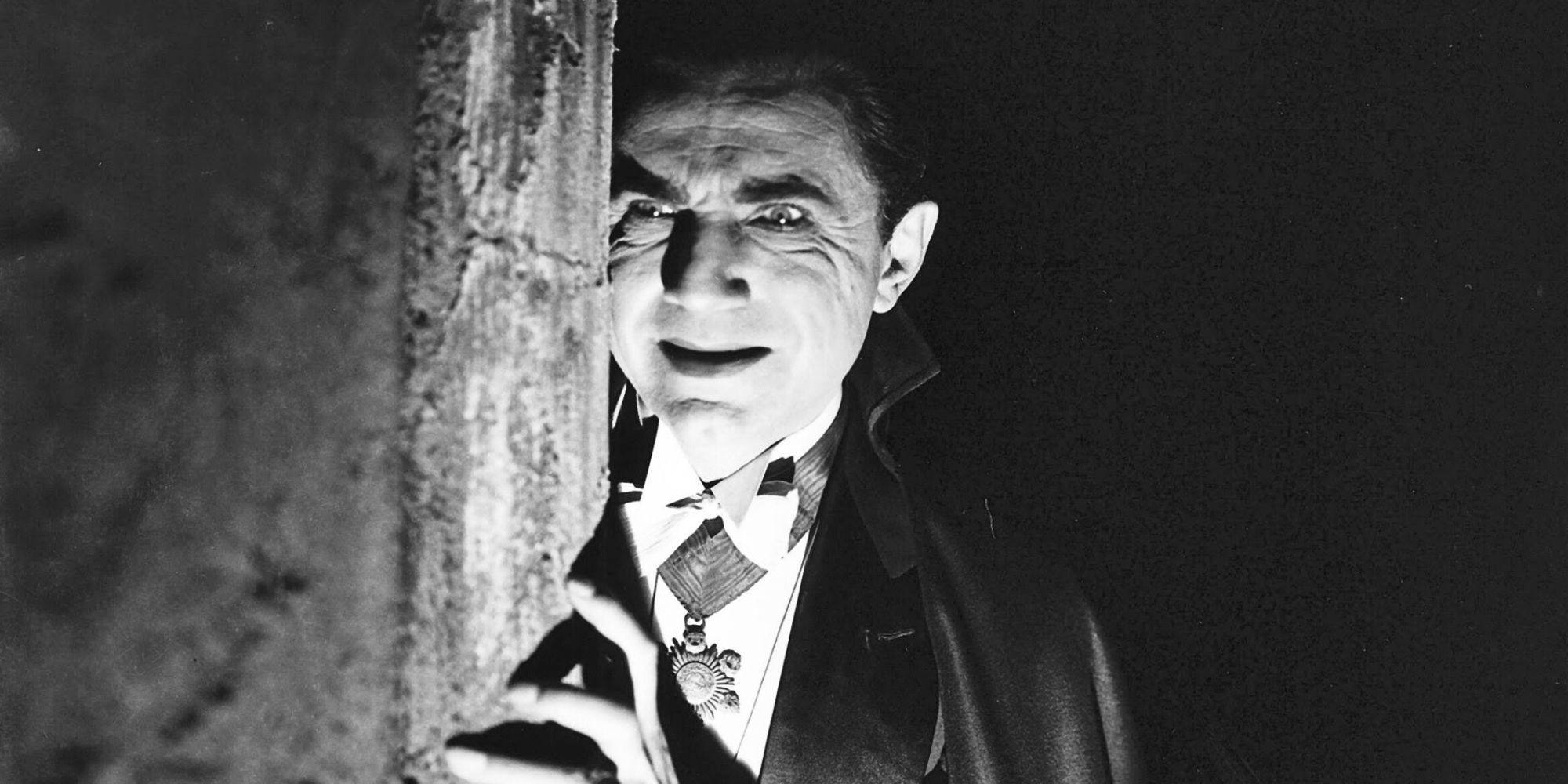 Image via Universal Pictures
Image via Universal Pictures
One of the most iconic monsters in horror history, Dracula has seen many different variations and adaptations over the years, ranging from modern takes like Last Voyage of the Demeter to unauthorized adaptations like the original Nosferatu. However, the distinct iconography that has defined the legendary vampire for nearly 100 years was popularized by Bela Lugosi's performance in 1931, adapting a 1924 stage play that adapted Bram Stoker's original novel. The film follows the enigmatic Count Dracula traveling from Transylvania to England in order to prey on the blood of various living victims.
It's hard to imagine an era where Dracula wasn't the quintessential figure and face of vampires as a whole, yet Stoker's novel wasn't truly considered the masterpiece of defining vampire art until this film adaptation cemented vampires in the public eye. Lugosi's distinct voice and performance have elevated the character of Dracula into the annuls of horror history, cementing the film as one of the most important landmark titles in horror in the process.
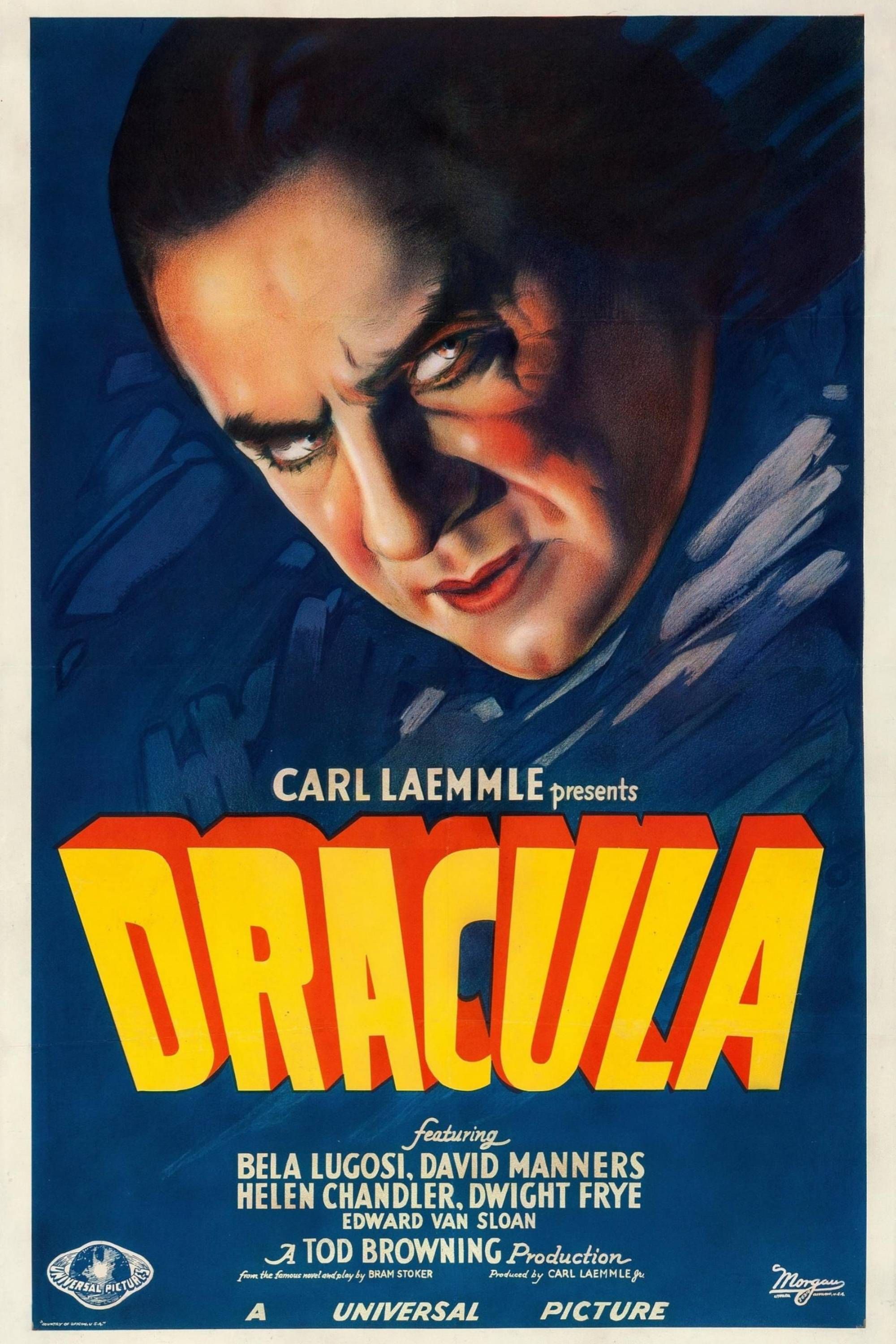
Dracula
Release Date February 12, 1931
Runtime 74 Minutes
Director Tod Browning, Karl Freund
4 'The Silence of the Lambs' (1991)
Based on 'The Silence of the Lambs' by Thomas Harris
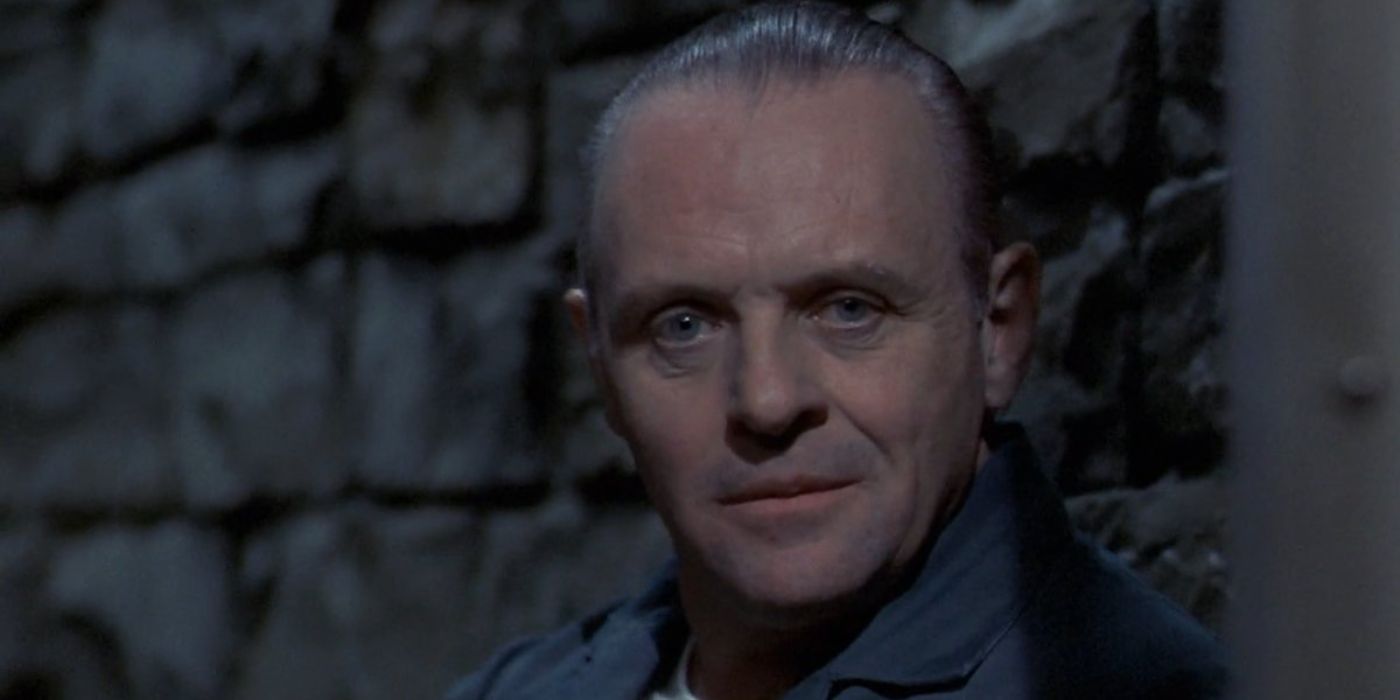 Image via Orion Pictures
Image via Orion Pictures
An adaptation of the second novel in Thomas Harris's series of Hannibal Lecter stories, The Silence of the Lambs expands upon the concepts and terror of Manhunter to make as the undeniable peak of the psychological horror thriller franchise. The film adaptation became an instantaneous cultural phenomenon, sweeping the Academy Awards and becoming one of the most acclaimed horror movies of all time in the process. Anthony Hopkins's portrayal of Hannibal Lecter is also in consideration for one of the best horror performances of all time.
The film follows young FBI trainee Clarice Starling (Jodi Foster) who is tasked with hunting a notorious and mysterious serial killer known as Buffalo Bill. In able to get a leg-up in finding the killer before he reaches his next victim, Clarice ends up seeking the advice of Hannibal Lecter, the once brilliant psychiatrist turned cannibalistic serial killer who may just be the key to uncovering Buffalo Bill's location. The film became such a hit that it enticed Thomas Harris to create more novels about Lecter, even writing the screenplay himself for a prequel film for the character.
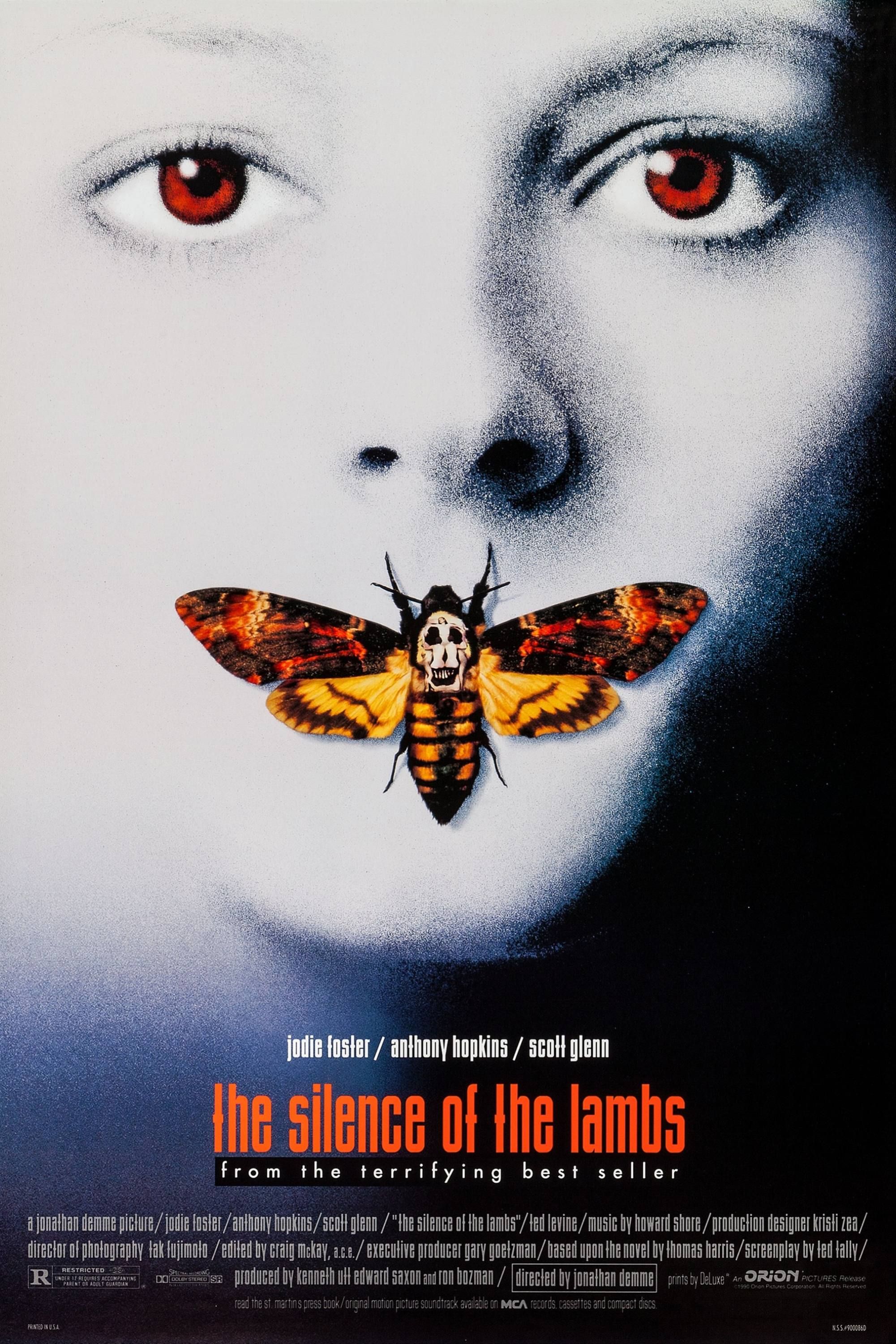
The Silence of the Lambs
Release Date February 14, 1991
Runtime 118 Minutes
3 'The Shining' (1980)
Based on 'The Shining' by Stephen King
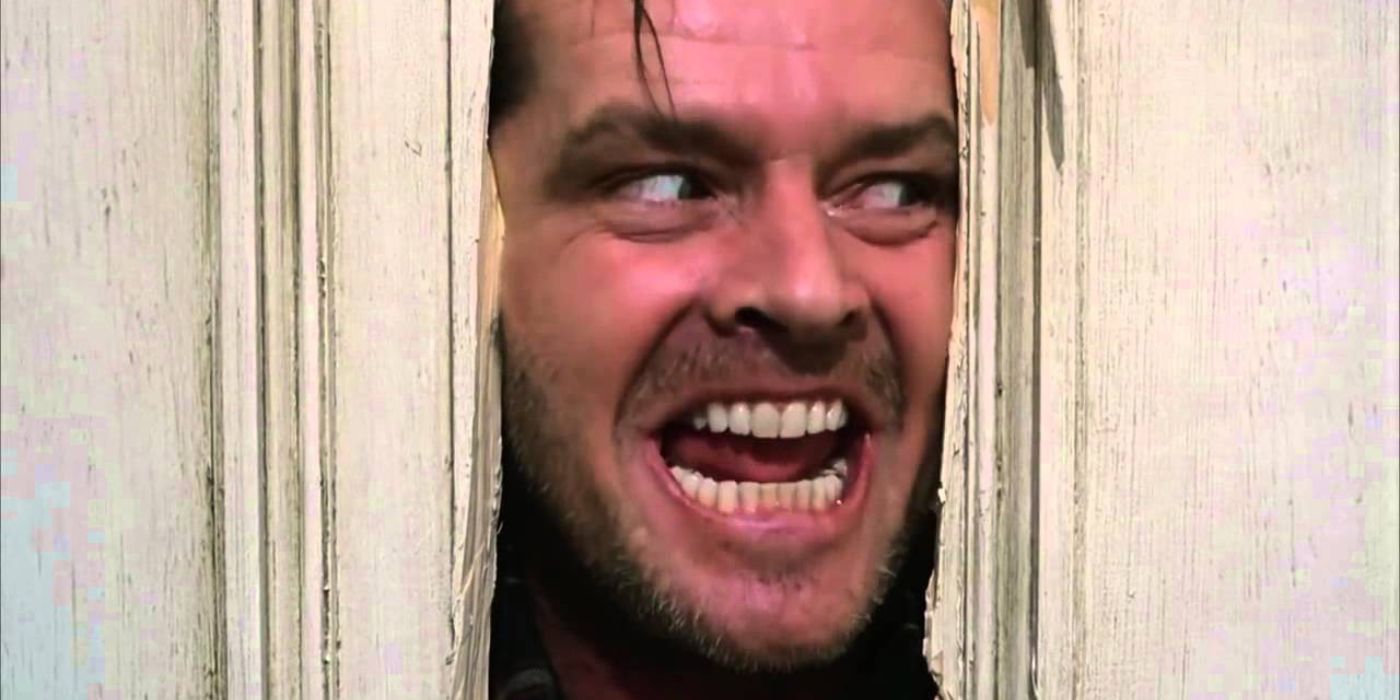 Image via Warner Bros.
Image via Warner Bros.
Among all of the different exceptional Stephen King adaptations out there, the clear magnum opus when it comes to the quality of the film itself has to be Stanley Kubrick's horror masterpiece, The Shining. Originally divisive and hated upon its release, The Shining has slowly grown to be widely appreciated for its exceptional craft, stunning and subtle storytelling, and haunting atmosphere. King himself is a notable detractor of the film, as the film actively detracts from the novel significantly when it comes to characterization and motivation, yet these changes work better for Kubrick's own vision of the story.
The film follows Jack Torrance (Jack Nicholson) taking his family out as he takes a new job at the remote Overlook Hotel in the Rocky Mountains during the winter, as the previous caretaker went mad and murdered his family. It soon doesn't take long before Jack comes down with a similar case of madness as his mental health slowly deteriorates, made worse by his son Danny experiencing frequent frightening visions. Jack soon becomes overwhelmed with a violent rage and uncontrollable desire to murder his wife and son.
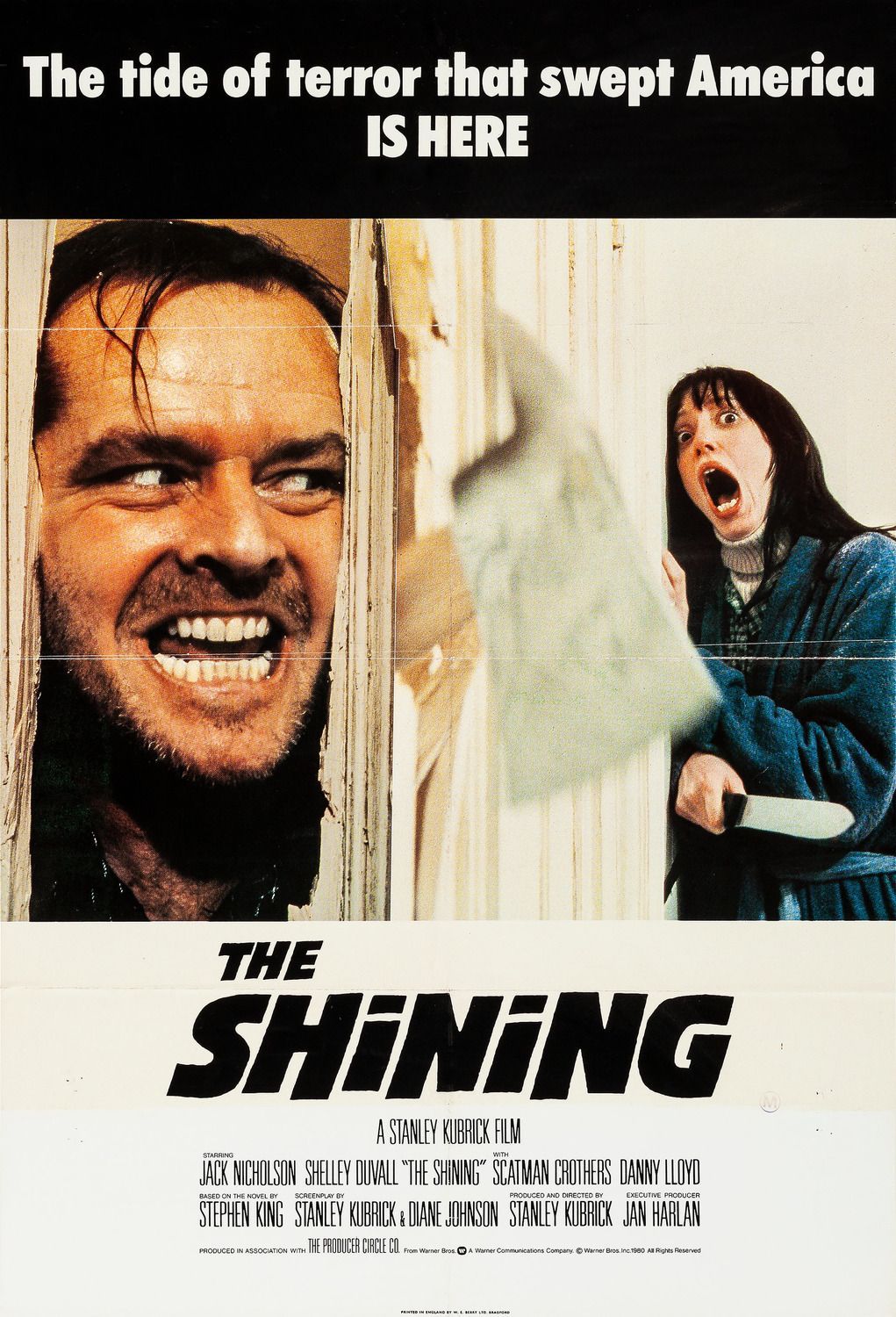
The Shining
Release Date June 13, 1980
Runtime 146 minutes
Director Stanley Kubrick
2 'The Exorcist' (1973)
Based on 'The Exorcist' by William Peter Blatty
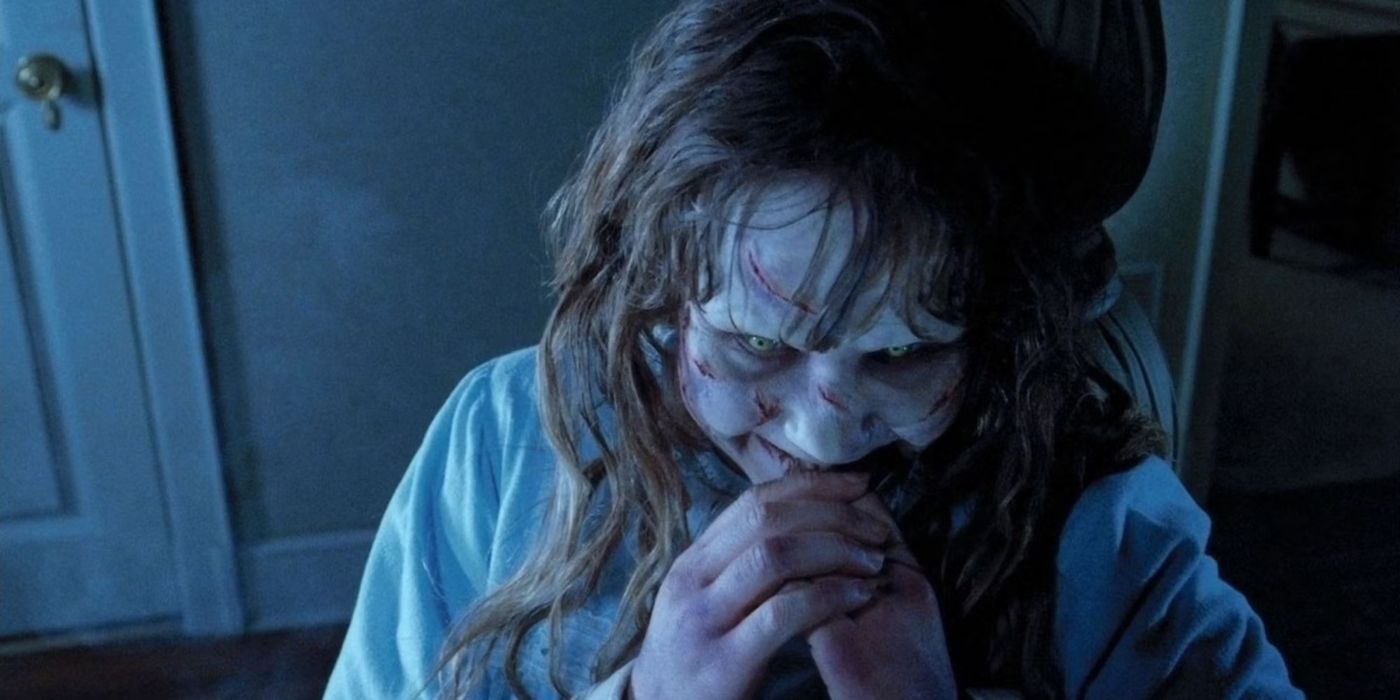 Image via Warner Bros.
Image via Warner Bros.
One of the most acclaimed and influential horror films of all time, The Exorcist's striking story of demonic possession and a harrowing exorcism finds its origins in William Peter Blatty's novel released 2 years prior. The film is very close in tone and style to the original novel, thanks greatly in part to the fact that Blatty had a hands-on approach to this film adaptation of his novel, acting as a producer and screenwriter for the film. Blatty would end up winning the Academy Award for Adapted Screenplay for his work adapting his own novel to the big screen.
The film follows innocent 12-year-old Regan MacNeil (Linda Blair) ending up being possessed by a nefarious demon whose origins trace back to a mysterious stone talisman found in ancient Iraqi ruins. With no other options left to them, the MacNeil family attempts to rescue their young girl by enlisting a duo of Catholic priests to perform an exorcism on the young girl. The film shocked and disturbed audiences of the era in a way few horror movies had been able to do, amplifying all the terror of possession from the novel to the big screen in absolute fashion.
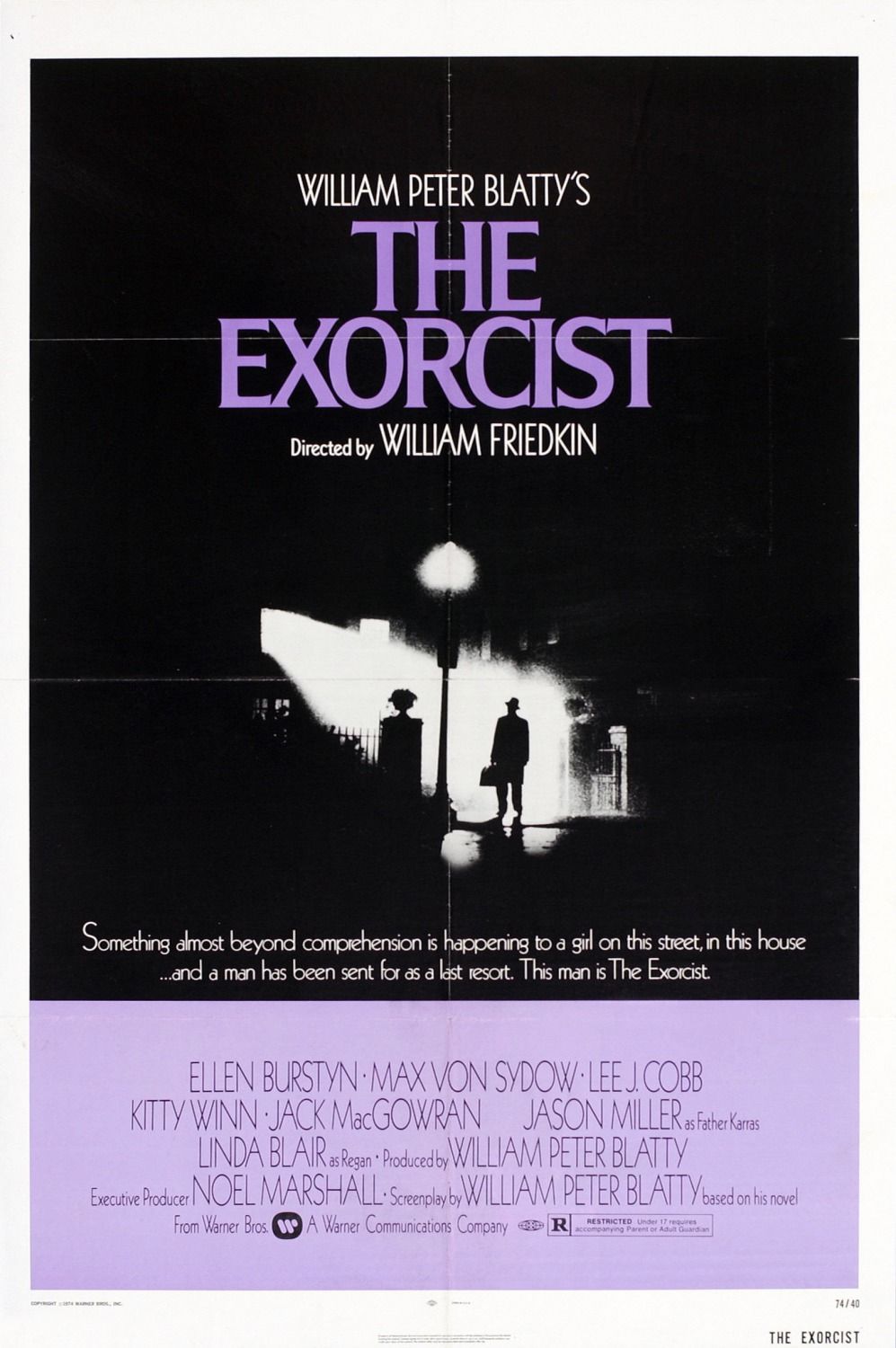
The Exorcist
Release Date December 26, 1973
Runtime 122 minutes
1 'Psycho' (1960)
Based on 'Psycho' by Robert Bloch
 Image via Paramount Pictures
Image via Paramount Pictures
Arguably the most influential and iconic horror movie of all time, Alfred Hitchcock's masterpiece of horror filmmaking, Psycho, can owe a great deal of its success and storytelling mastery to the Robert Bloch novel released the year prior. The film centers itself around a striking encounter between on-the-run embezzler Marion Crane (Janet Leigh), and the reclusive motel proprietor Norman Bates (Anthony Perkins). In the aftermath of their deadly encounter, a private investigator and Marion's family are tasked with investigating the truth behind her disappearance.
Modern horror as a whole can credit the vast majority of its style and filmmaking techniques to the legendary execution and thrills present in Psycho, which upended many horror traditions and redefined what horror on the big screen could be. Much like the novel that it adapts, the film doesn't shy away from various deeply disturbing and depraved concepts and themes, instead instead playing into them in order to create a disturbing and effective portrait of malice and despair.
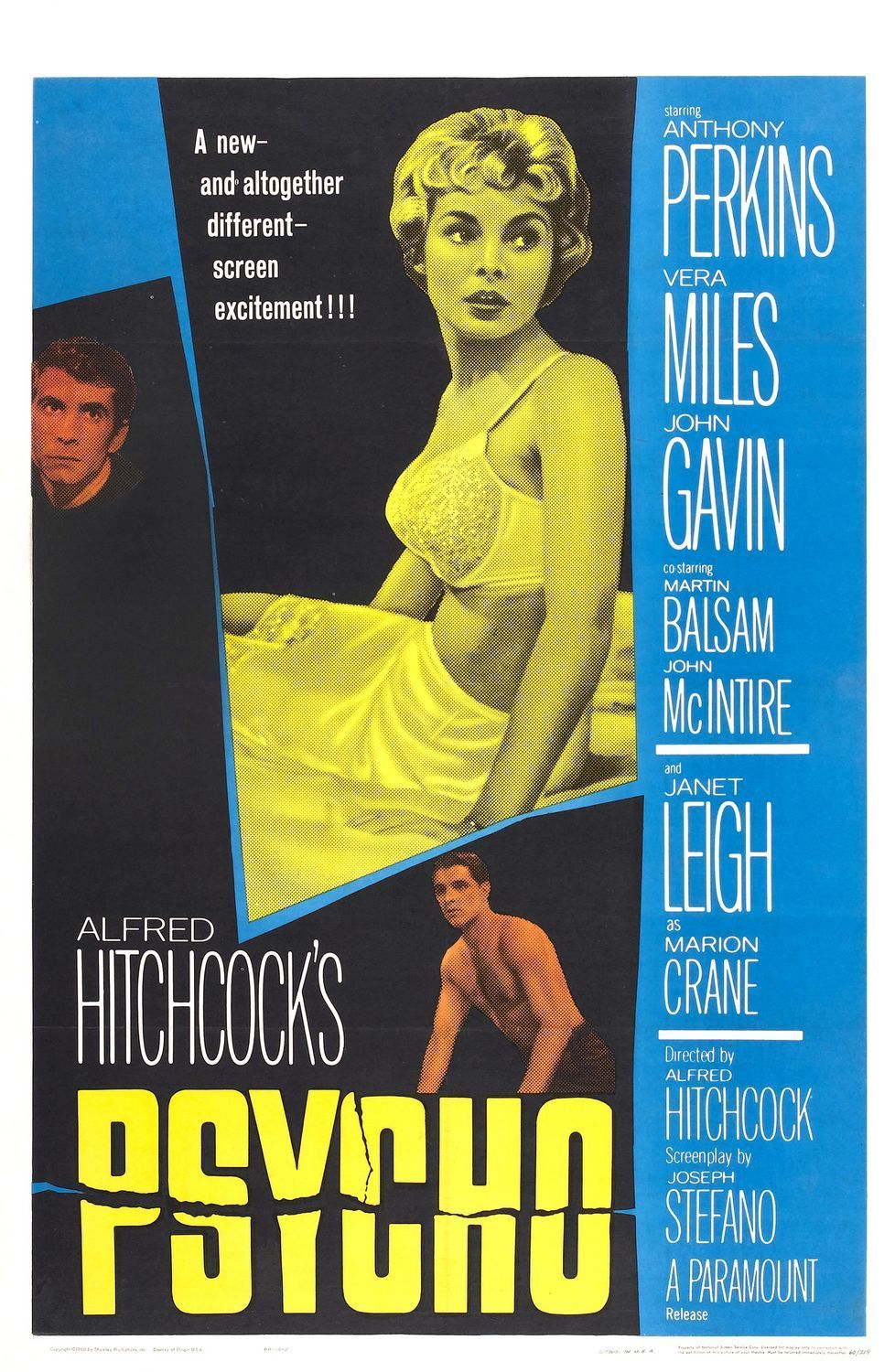
Psycho
Release Date September 8, 1960
Runtime 109 minutes

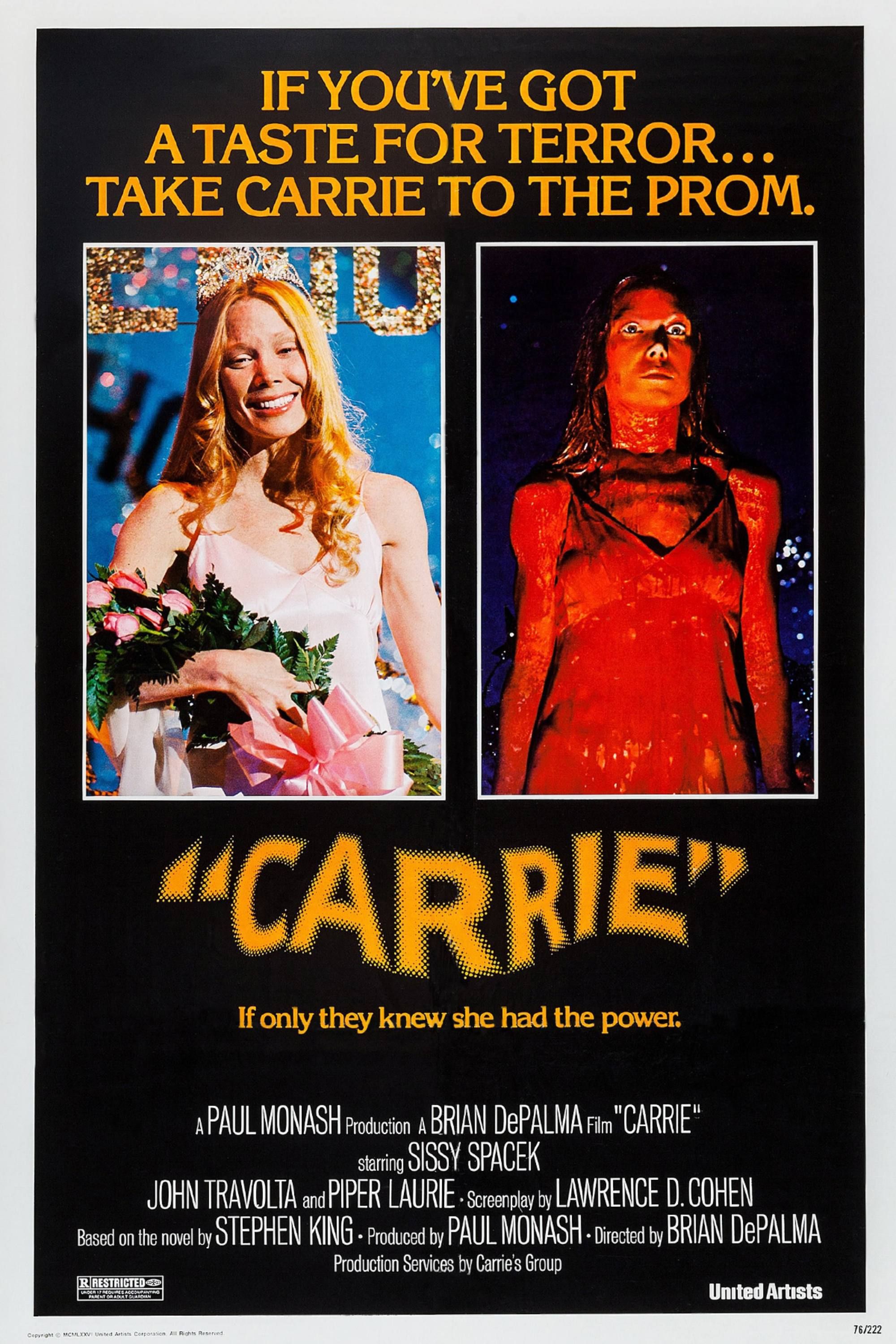

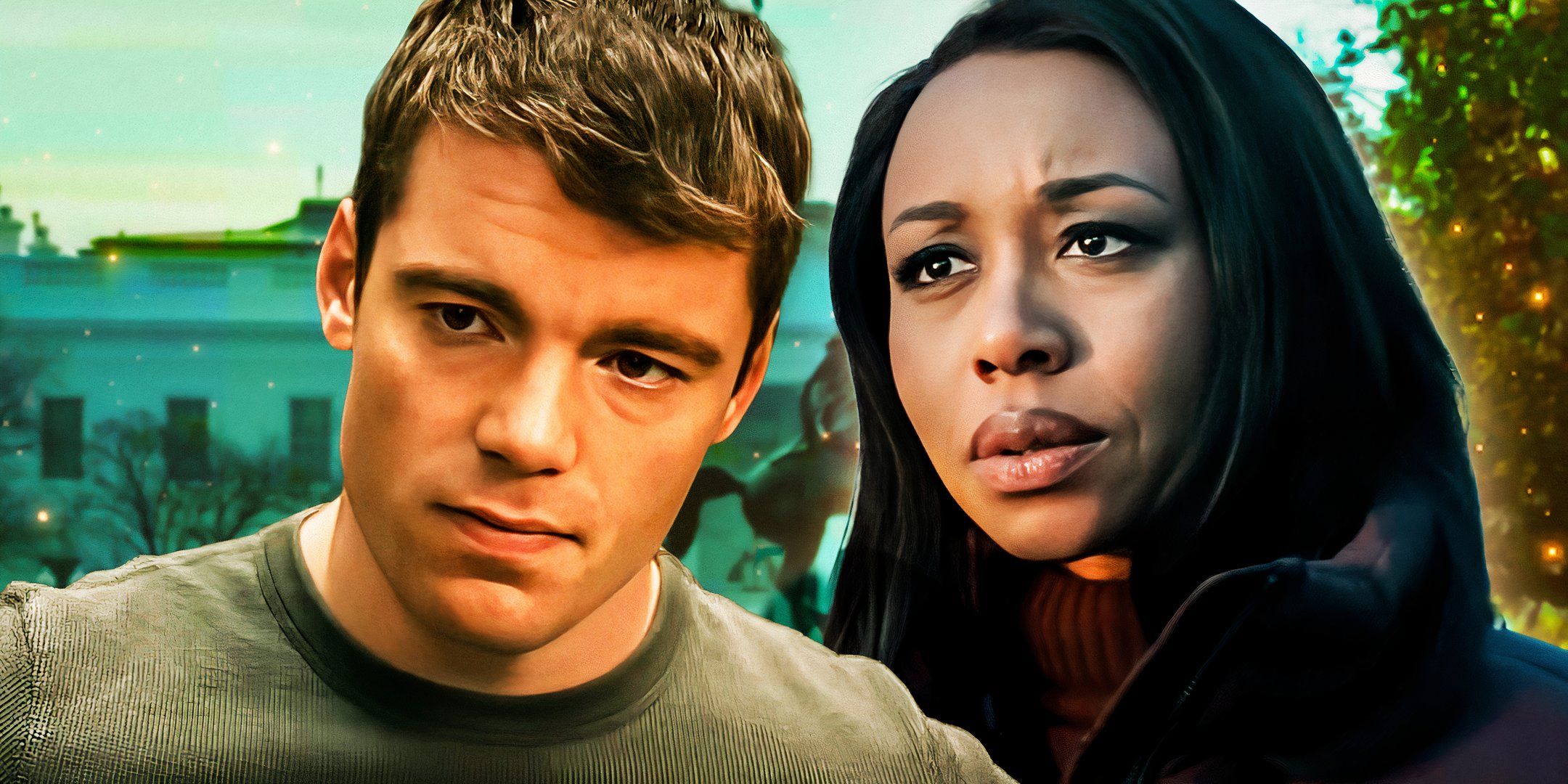

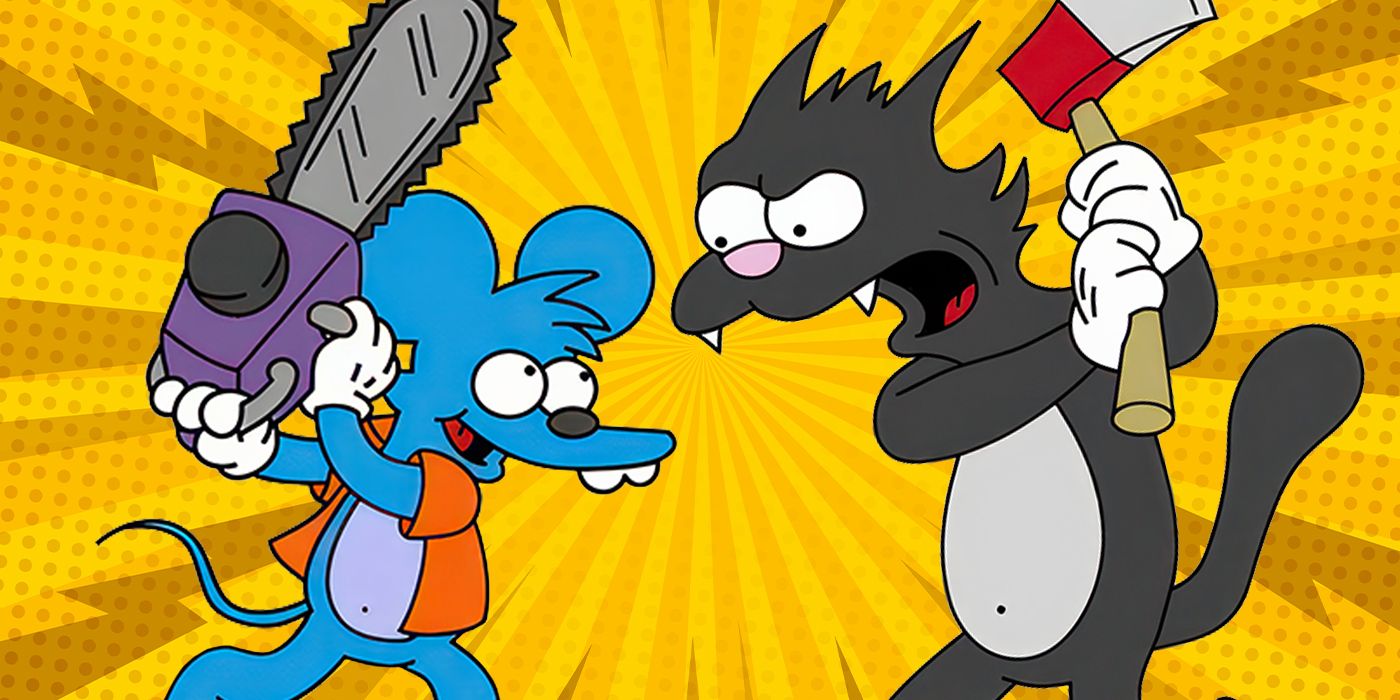





 English (US) ·
English (US) ·